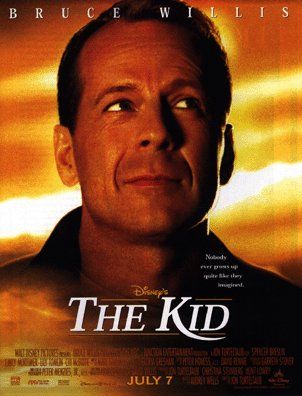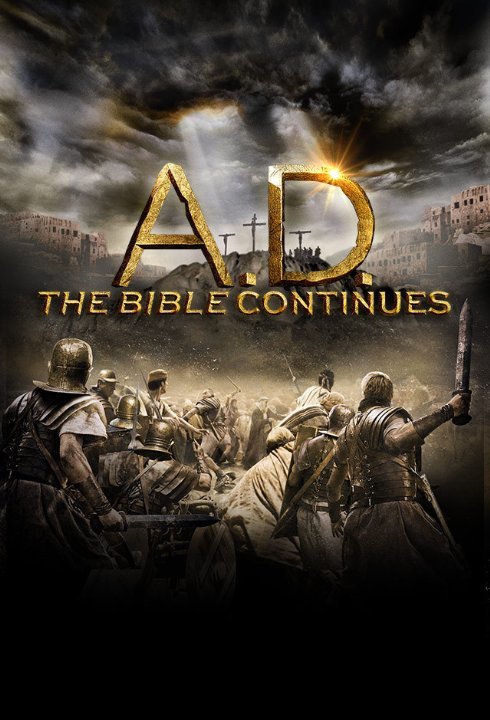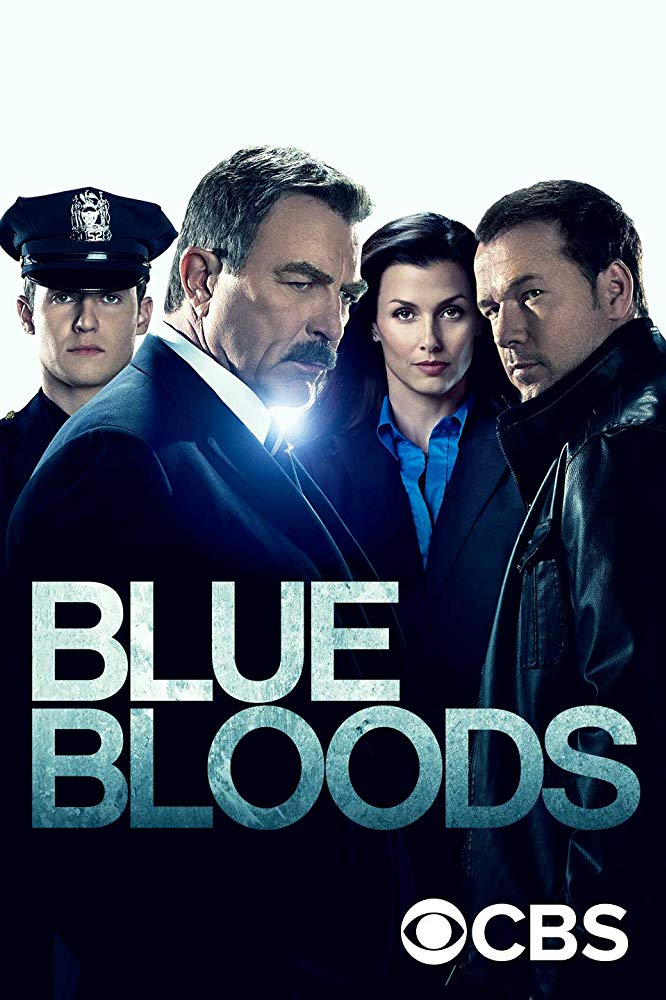
By Gavin Boyle
The Washington Post and ChatGPT maker OpenAI have inked a licensing deal to allow the chatbot to include Washington Post articles in its responses.
“More than 5 million people use chatGPT each week to get answers to all kinds of questions,” said Varun Shetty, head of media partnerships at OpenAI. “By investing in high-quality journalism by partners like The Washington Post, we’re helping ensure our users get timely, trustworthy information when they need it.”
“We’re all in on meeting our audiences where they are,” added Peter Elkins-Williams, the head of global partnerships at the Washington Post. “Ensuring ChatGPT users have our impactful reporting at their fingertips builds on our commitment to provide access where, how and when our audiences want it.”
The deal with the Washington Post adds to a growing list of news publishers and outlets that ChatGPT can include in its responses. These companies with partnerships include News Corp, the Associated Press, Axel Springer, The Atlantic, Dotdash Meredith, Financial Times, LeMonde, Prisa Media, Time, Vox Media and Condé Nast. By having access to these sources, ChatGPT is able to provide users with accurate, real time information, while also providing them with sources to access for more information.
OpenAI, however, is not finding friendships with all major news sources. Last June, the Center for Investigative Reporting (CIR) filed a lawsuit against the company for infringing on copyright by scalping their articles and using it to train AI models.
“OpenAI and Microsoft started vacuuming up our stories to make their product more powerful, but they never asked for permission or offered compensation, unlike other organizations that license our material,” Monika Bauerlein, CEO of CIR, said last June. “This free rider behavior is not only unfair, it is a violation of copyright. The work of journalists at CIR and everywhere, is valuable, and OpenAI and Microsoft know it.”
“For-profit corporations like OpenAI and Microsoft can’t simply treat the work of nonprofit and independent publishers as free raw material for their products,” Bauerlein added. “If this practice isn’t stopped, the public’s access to truthful information will be limited to AI-generated summaries of disappearing news landscapes.”
Other major news sources have since followed suit, with The New York Times filing a lawsuit against the company for infringing on copyright last December followed by The Chicago Tribune and New York Daily News.
Related: OpenAI, Microsoft Sued by New York Times for Copyright Infringement
“These tools were built with and continue to use independent journalism and content that is only available because we and our peers reported, edited, and fact-checked it at high cost and with considerable expertise,” the Times said. “Settled copyright law protects our journalism and content. If Microsoft and OpenAI want to use our work for commercial purposes, the law requires that they first obtain our permission. They have not done so.”
While it’s uncertain to what extent AI will play a role in the future of newspapers, for now, it is clear that receiving its information from them is extremely valuable, and OpenAI is willing to pay for this access.
Read Next: OpenAI Sued for Training AI System on Copyrighted Material



 - Content:
- Content: 

